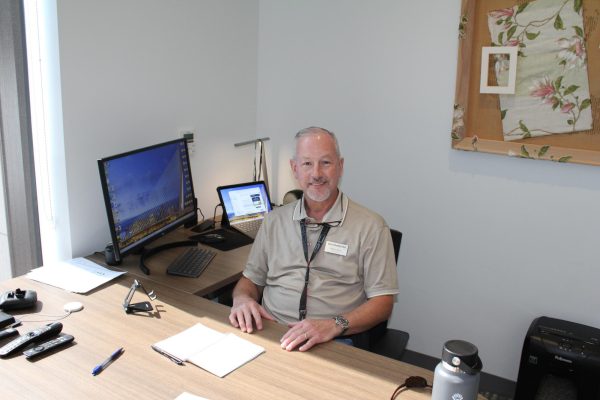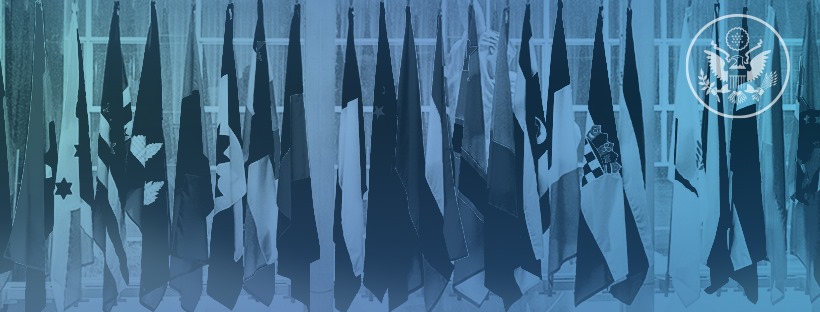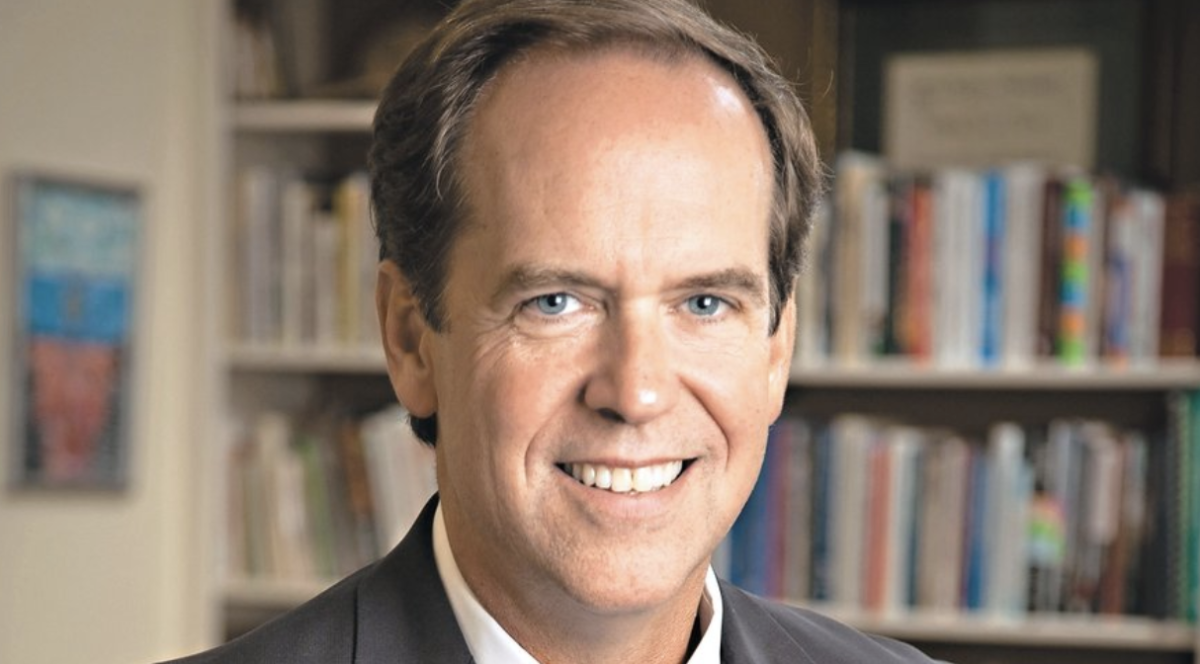On the morning of Aug. 27, 2025, the Annunciation Catholic School in Minneapolis concluded its day in tragedy: two students— an 8-year-old and a 10-year-old— were killed, and 21 others were injured. Just weeks later, on Sept. 10, 2025, two more students in Denver, Colorado became victims of the same violent act. One was released from the hospital that evening, while the other remained in critical condition.
Across the country, mass shootings have become disturbingly more prominent in school environments, claiming the lives of students and teachers, leaving communities shaken. These events not only bring grief, but also instill fear among students nationwide, including those in Westminster. Many are left asking: How prepared is the Westminster community?
“We consider ourselves in a lockdown status all the time, which means all of the buildings are locked at all times,” said Stephen Spivey, head of campus security. At Westminster, the security measures are designed to keep the environment prepared for potential threats at any given moment. Locked doors, officer patrols, and constant supervision both inside and outside the buildings are part of the school’s approach.
“We can monitor activity and determine if somebody approaching may not have good intentions,” said Spivey. “If we become aware of someone dangerous, [Security] gets their license plate and enters it into our system. If they return to campus, I’m alerted immediately.”

In addition to physical security, Westminster hosts a behavioral assessment team composed of teachers, nurses, counselors and other faculty. This team meets regularly to review concerning behaviors among students, alumni, or other adults in the Westminster community. These meetings help staff recognize when “somebody may be in a personal crisis, or struggling for any reason,” said Spivey. Drawing on his past government experience, Spivey trains faculty to recognize behaviors that may signal a threat.
“Mr. Spivey’s connections with the Secret Service give him access to the latest information and data on behaviors experts now tell us to look out for, that indicate a person as a potential threat to themselves or others,” said associate dean of students Brooks Batcheller. While counselors and nurses never reveal the identity of individual students, they do inform faculty and staff of the types of behavior that warrant attention.
Inside this environment, Westminster staff work endlessly to not only protect students in the event of a tragedy, but also to prevent these events from occurring in the first place. Westminster prioritizes bolstering a supportive community. “Resilience really rests on connection and relationship building, ” said counselor Marguerite Spiotta Booth. This effort to foster connections between students aims to tackle feelings of isolation, hopelessness, or grievance that can fuel acts of violence.
“There tends to be some level of grievance, either students feeling they’ve been wronged by the student body, the school, or even the broader community in some ways,” said Batcheller. “There’s also a level of hopelessness because it either means that their actions carry no consequences, or them facing consequences doesn’t matter. But when adults and peers keep an eye out for each other, it keeps us healthier. And when we’re all healthy, we can keep each other safe.”
Edited by Lahiri Nooka






